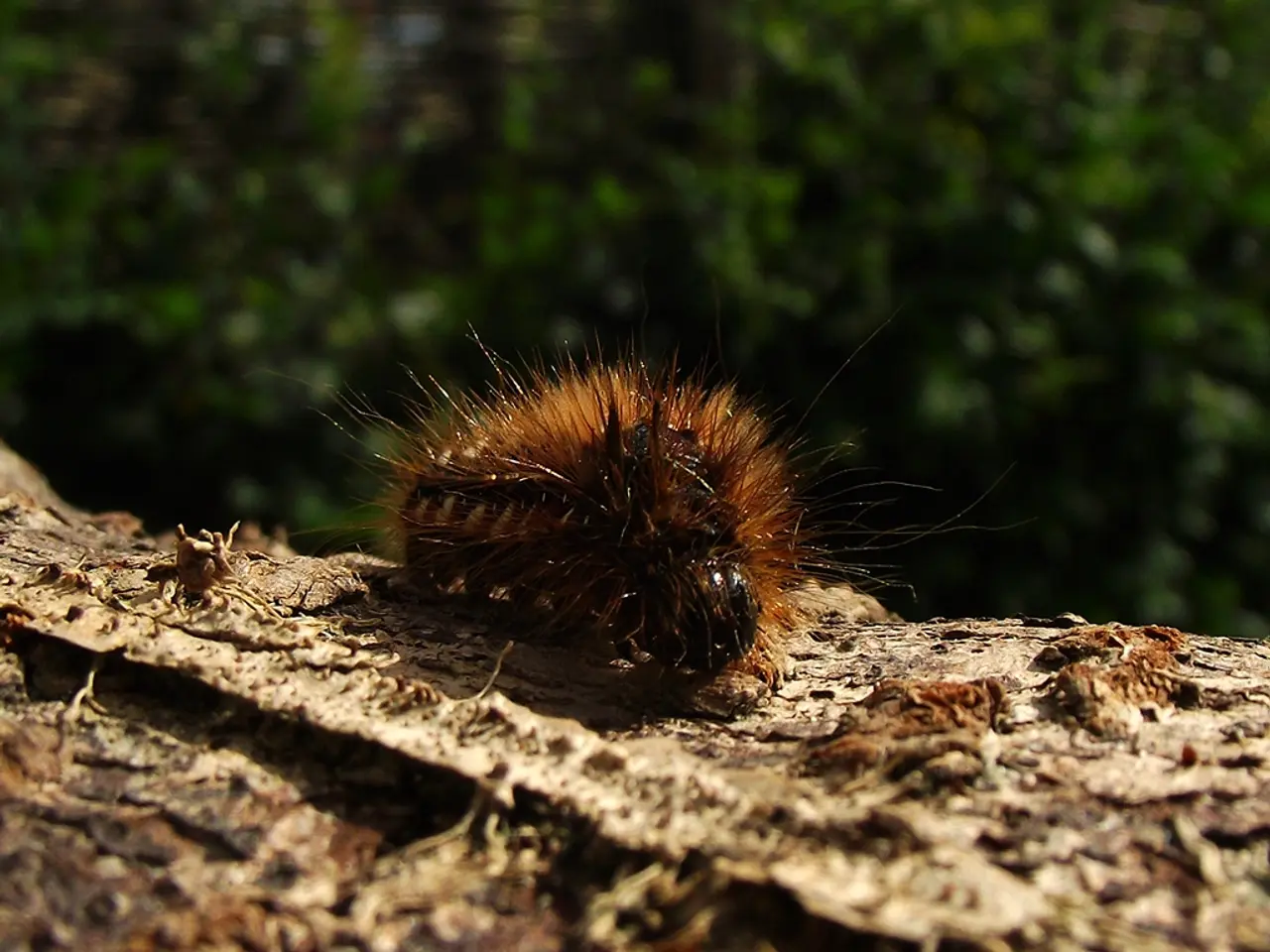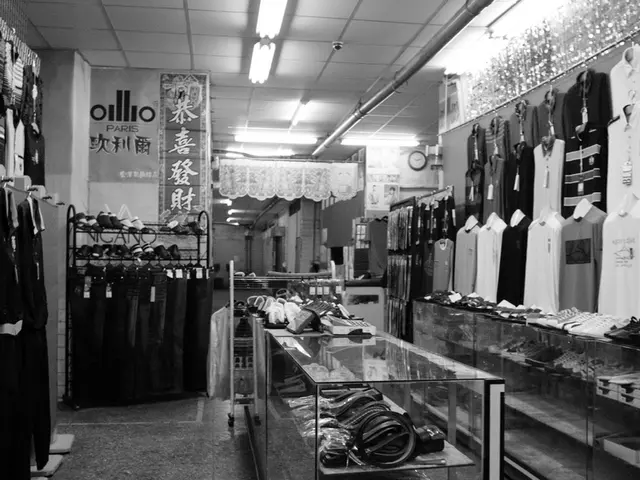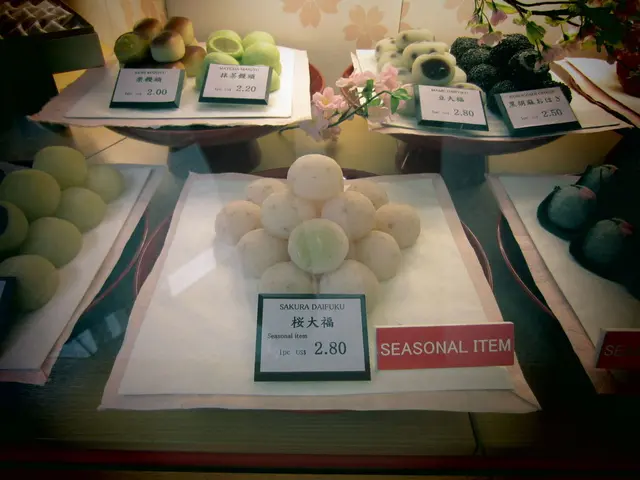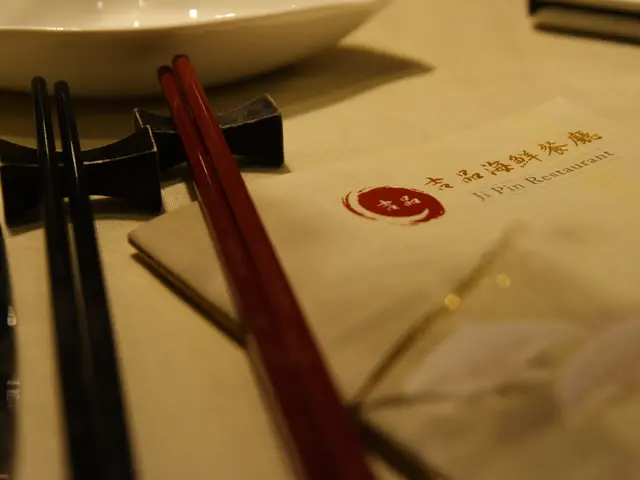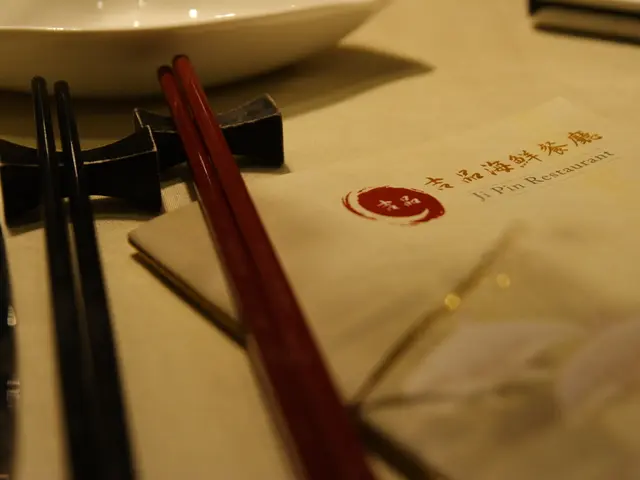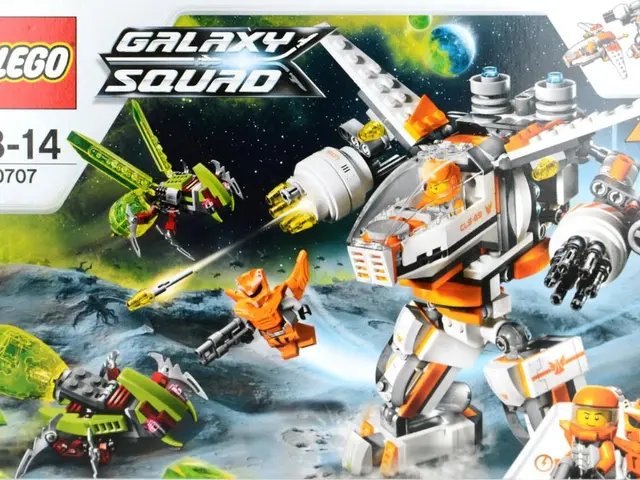Methods for Compassionate Wildlife Pest Control in Farming
In the heart of our cities, a green revolution is taking place. Integrated Pest Management (IPM) and Permaculture are two approaches that are transforming the way urban gardeners manage pests, promoting a healthier ecosystem and a more sustainable future.
IPM, a key method for managing pests in an eco-friendly manner, emphasises on monitoring, early detection, and balancing ecosystems to solve pest problems naturally. By keeping a watchful eye for pests, IPM encourages stopping them before they become a problem, and using various control methods such as physical barriers, natural repellents, and essential oils.
Permaculture, on the other hand, teaches us to work with nature, not against it. Developed and spread primarily by Bill Mollison, the founder of permaculture, this method encourages creating a balanced environment by attracting beneficial insects like ladybugs and lacewings. To attract these good bugs, urban gardeners can plant a variety of flowers, herbs, and plants that provide food and shelter, and create places like rock piles or logs for them to live.
Sustainable pest control is crucial in urban areas because it's good for the planet. It keeps the environment safe, protects good bugs, and prevents harmful chemicals from getting into our food and water. By adopting humane pest management, we can control pests in a way that cares about animals and the environment, using safe, non-toxic methods to keep pests away without harming them.
Crop rotation and intercropping are permaculture methods that attract beneficial insects, helping to control pests naturally. These practices create a self-regulating system, allowing beneficial insects like ladybugs, lacewings, and parasitic wasps to thrive and keep harmful pests at bay.
Physical barriers like row covers and netting are also effective in keeping pests away without using chemicals. These barriers can be easily implemented in urban spaces, even in small ones like balconies and gardens.
By applying permaculture principles and holistic pest control, cities can grow healthy, chemical-free gardens, helping the local ecosystem thrive. Encouraging beneficial insects is key in cities for managing pests in small spaces, ensuring a balanced and sustainable urban environment.
In conclusion, IPM and Permaculture offer a promising solution for sustainable pest management in urban areas. By embracing these methods, we can create a greener, healthier, and more balanced cityscape, benefiting both people and the planet.
